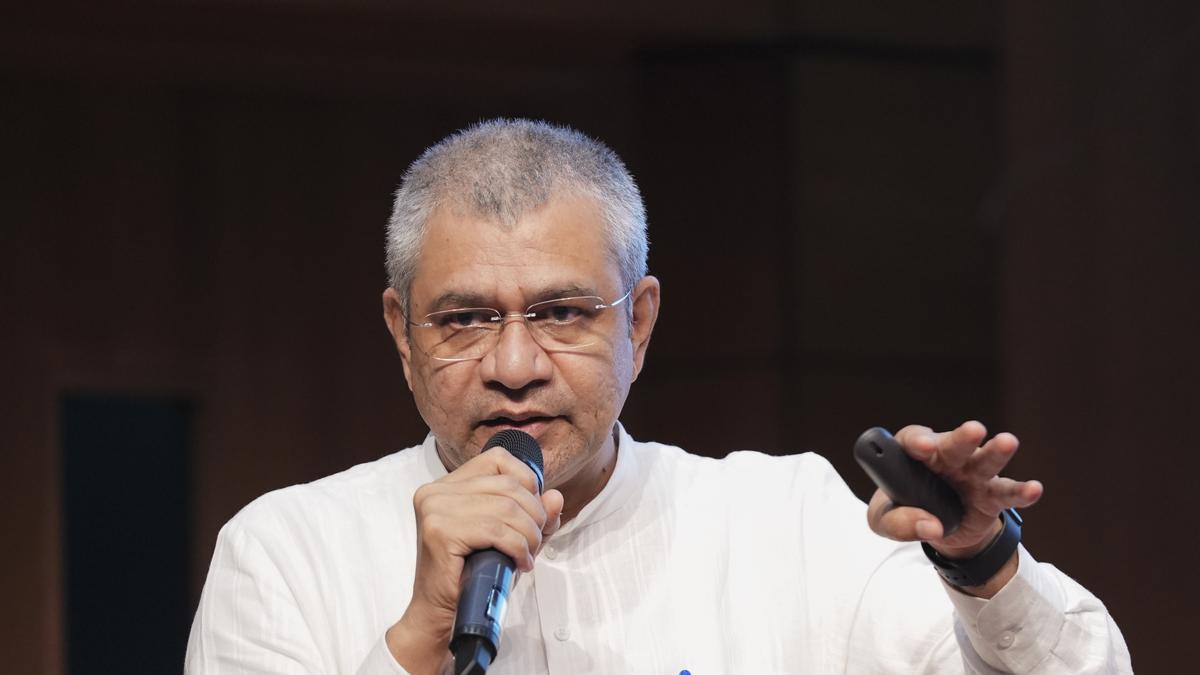Only 28.46 million litres per day (MLD) of the total sewage of 157 MLD generated in the Kochi Corporation and various municipalities in Ernakulam is processed through sewage treatment plants (STPs), according to official estimates.
Of the 28.46 MLD of sewage, 28.45 MLD is treated through sewage treatment plants within the Corporation limits. Of this, the infrastructure for processing 21.8 MLD has been set up in various establishments.
The total sewage generated under the Corporation limits is 93.17 MLD. As much as 81.2 MLD of sewage generated within the Corporation and municipal limits is being managed through on-site sanitation systems (OSSs), including septic tanks with soak pits. Of this, 31.9 MLD of sewage is being managed through OSSs under the Kochi Corporation limits.
A report on the solid and liquid waste management scenario submitted by the government before the Principal Bench of the National Green Tribunal said that Kerala had a unique homestead habitation pattern where individual houses are typically scattered across plots of land.
The varied topography of the State, including abundant waterbodies, coastal areas, wetlands, coastal regulation zone, ecologically sensitive areas, wetland conservation rules, and distance criteria from waterbodies, reduced the availability of suitable land for STPs. The diversity of the terrain of the State complicated the development of a centralised sewer network, especially in urban areas, it said.
The report mentioned that STP facilities for treating 110 MLD of sewage had been proposed in Ernakulam, while work on an STP for treating 1.1 MLD was in progress. The government said that practical difficulties in laying sewers had led to the adoption of a new strategy for the State.
To cover up the gaps in sewage management, steps have been initiated to set up faecal sludge treatment plants (FSTPs) in urban and rural areas. FSTPs are ideal for regions where households primarily rely on OSSs, it said.



.png)
.png)
.png)
















 3 hours ago
4
3 hours ago
4







 English (US) ·
English (US) ·